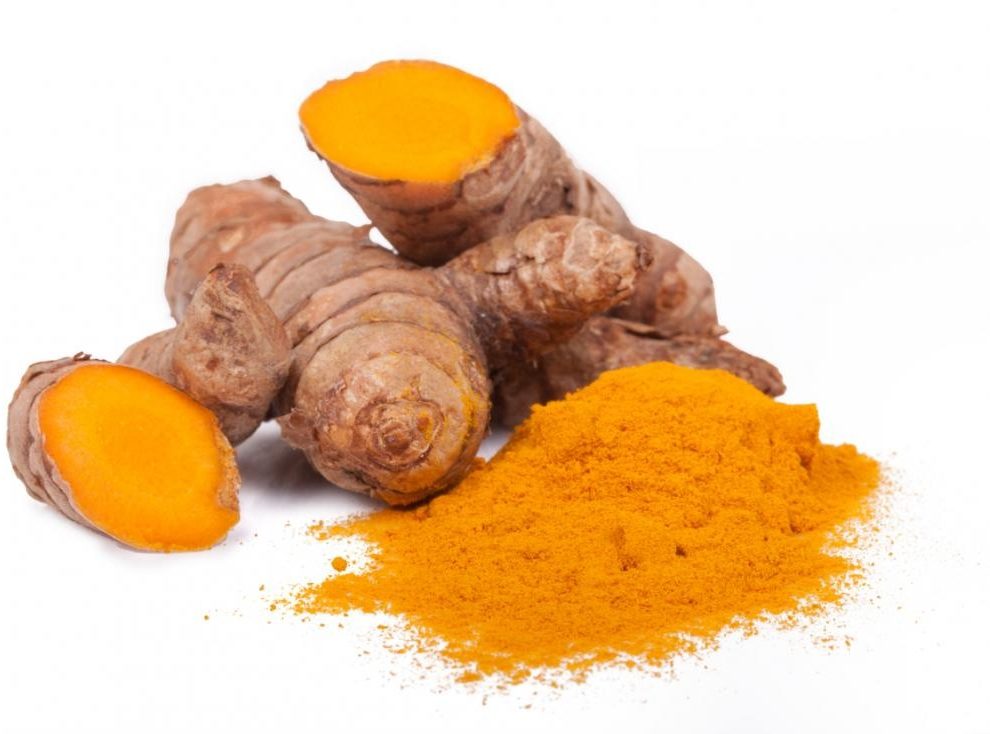
Turmeric, often referred to as the ‘golden spice’, has transcended beyond the realms of culinary delights, marking a robust presence in the wellness world. With a history steeped in traditional medicine, this vibrantly hued spice has found a modern-day companion in the form of supplements, promising to deliver concentrated benefits right at your doorstep.
The Rise of Turmeric Supplements
In recent years, turmeric supplements have soared in popularity, riding the wave of wellness trends and the global embrace of natural health solutions. These supplements are championed for their potential benefits, ranging from anti-inflammatory properties to boosting antioxidant levels. Among the touted benefits, liver health stands as a notable focus, driven by both age-old wisdom and emerging scientific investigations.
The core of turmeric’s benefits is often attributed to curcumin, its active compound, which is believed to harbor potent anti-inflammatory and antioxidant properties. However, with the spotlight comes scrutiny, and as the market for turmeric supplements burgeons, the imperative for a balanced understanding of their impact, especially on liver health, escalates.
Turmeric and Liver Health: A Glimpse into the Promise
The liver, a tireless sentinel, is pivotal for numerous physiological processes including detoxification, metabolism, and the synthesis of crucial proteins. Given its central role, maintaining liver health is not just a goal, but a necessity.
Turmeric supplements, with their alleged liver-supporting properties, have caught the eye of both wellness enthusiasts and health professionals alike. The potential of turmeric to modulate inflammatory responses and combat oxidative stress sets a hopeful premise for liver health support.
However, like any narrative, there are two sides to the story. As the clamor around turmeric supplements amplifies, concerns regarding their safety, especially in relation to liver health, have surfaced. It’s this dichotomy of promise and caution that beckons a deeper exploration, setting the stage for an informed discourse on turmeric supplements and liver damage.
In the ensuing sections, we will delve into the concerns surrounding liver damage associated with turmeric supplements, especially when combined with black pepper (piperine), and discuss the importance of adhering to recommended dosages and seeking professional guidance. As we navigate through the promises and perils, the goal is to foster an informed and balanced understanding of turmeric supplements and their impact on liver health.
Concerns about Liver Damage
Turmeric supplements have become a go-to for many health enthusiasts, but like with anything, too much can tip the scale the wrong way. There have been murmurs in the wellness community about the potential liver damage associated with these golden capsules, especially when they are paired with black pepper extract, known as piperine, to boost absorption.
Instances of Liver Damage: A Reality Check
It’s true. There have been instances where individuals have faced liver issues after taking turmeric supplements. Some people have experienced elevated liver enzymes, a sign of strain on the liver, after starting on a regimen of turmeric supplements. It’s a stark reminder that even natural supplements can have side effects, and it’s crucial to approach them with a well-informed mind.
The Piperine Factor: A Double-Edged Sword
Now, let’s talk about piperine, the compound found in black pepper that’s often added to turmeric supplements to enhance the absorption of curcumin, the active ingredient in turmeric. While piperine does a fantastic job of boosting curcumin’s bioavailability, there’s a flip side to this. The enhanced absorption might mean that the liver has to work harder to process these compounds, which could potentially lead to liver strain or damage in some individuals.
Scientists are diving deeper into this aspect, trying to unravel the full picture of how turmeric and piperine interact with our liver. The findings so far underline the importance of moderation and adhering to recommended dosages.
Dosage and Safety Precautions: Treading the Turmeric Trail Safely
Navigating the wellness journey can sometimes feel like walking a tightrope, especially when it comes to supplements. The dosage makes the difference between reaping benefits and facing potential risks. Turmeric supplements, with their liver health promises, are no exception to this rule.
Sticking to the Script: The Importance of Dosage
As the old saying goes, “Too much of a good thing can be bad.” This rings true for turmeric supplements as well. While they harbor potential liver benefits, going overboard with the dosage can swing the pendulum the other way. Research suggests sticking to the recommended dosages to ensure that the journey towards better liver health doesn’t take an unintended detour.
Consulting the Experts: Your Liver’s Best Friend
Before embarking on the turmeric supplement trail, consulting with a healthcare professional is a step that’s worth its weight in gold. Especially for individuals with pre-existing liver conditions or a history of alcoholic liver disease, professional guidance is indispensable.
Your healthcare provider can offer personalized advice based on your current health status and medications. They can help tailor a safe and effective turmeric supplementation plan, ensuring that the golden route to liver health is well-paved and free from unforeseen bumps.
Alcoholic Liver Disease: A Special Mention
For those battling alcoholic liver disease, the turmeric trail requires extra caution. While the anti-inflammatory properties of turmeric can seem appealing, the interaction of turmeric supplements with existing liver conditions is a terrain that needs careful navigation under professional guidance.
Conclusion: The Balanced Path to Liver Wellness
Turmeric supplements, with their ancient roots and modern appeal, continue to enthrall the wellness community. The potential for supporting liver health adds a golden feather to its cap. However, the concerns surrounding liver damage and the importance of a balanced approach underscore the mantra of moderation.
As we step into the realm of natural supplementation for liver health, being well-informed, adhering to recommended dosages, and seeking professional guidance are the golden rules to follow. It’s about embracing the potential benefits of turmeric supplements while treading cautiously to ensure our liver continues to thrive in good health.
With a balanced perspective and a thirst for knowledge, the path to exploring the benefits of turmeric for liver health can be both enlightening and rewarding.
Call to Action (CTA)
Embrace the journey of understanding your body and the potential allies in the form of natural supplements like turmeric. As you navigate the path of wellness, knowing is half the battle won. So, delve deeper, ask questions, and never stop learning.
- Subscribe Now: Stay updated with the latest insights on turmeric supplements and liver health by subscribing to our newsletter.
- Consult a Healthcare Professional: Before making any changes to your supplement regimen, ensure to consult with a healthcare professional. Book a consultation today.
- Read More: Explore our other blog posts on natural supplements and their impact on liver health.
- Share the Knowledge: Found this post informative? Share it with your loved ones and spread the awareness.
Your liver is a vital organ with a hefty workload. Treat it with care and respect, and it will surely return the favor.
FAQs
- What are the potential benefits of turmeric supplements for liver health?
- Turmeric supplements are believed to harbor anti-inflammatory and antioxidant properties which may be beneficial in supporting liver health by reducing inflammation and combating oxidative stress.
- Why is piperine often added to turmeric supplements?
- Piperine, found in black pepper, is often added to turmeric supplements to enhance the bioavailability of curcumin, the active ingredient in turmeric, thus making it more effective.
- What are the concerns regarding liver damage with turmeric supplements?
- There have been instances of liver damage associated with the use of turmeric supplements, especially when combined with piperine. It’s crucial to adhere to recommended dosages and consult with a healthcare professional before incorporating turmeric supplements, particularly for individuals with pre-existing liver conditions.
- How can I safely incorporate turmeric supplements for liver health?
- It’s recommended to consult with a healthcare professional to understand the safe dosage and to determine if turmeric supplements are a good fit for you, especially if you have pre-existing liver conditions or are on certain medications.
- Can turmeric supplements replace conventional liver treatments?
- Turmeric supplements should not be considered a replacement for conventional liver treatments. It’s crucial to consult with a healthcare professional to understand the comprehensive treatment plan for liver conditions.
Blog Tags
Turmeric, Turmeric Supplements, Liver Health, Liver Damage, Piperine, Curcumin, Dosage and Safety, Natural Supplements, Alcoholic Liver Disease, Turmeric and Piperine, Liver Enzymes, Wellness, Health Supplements










